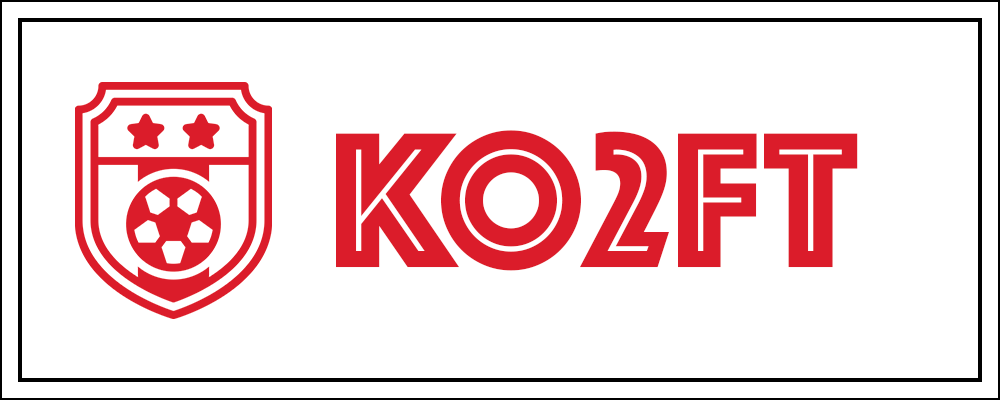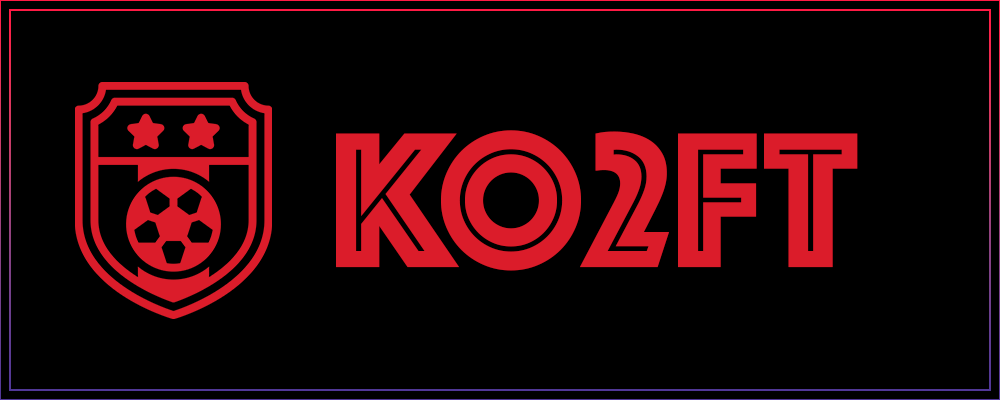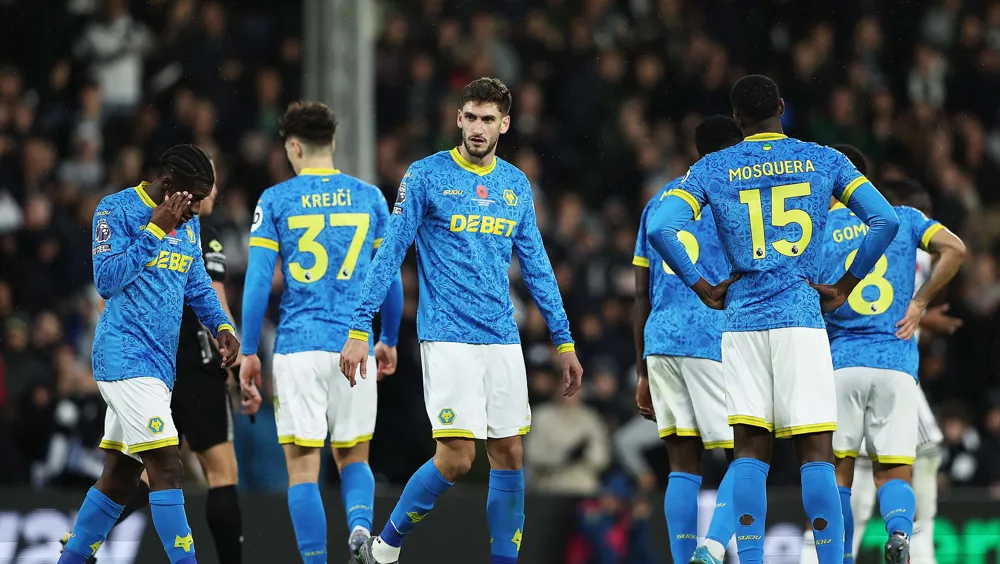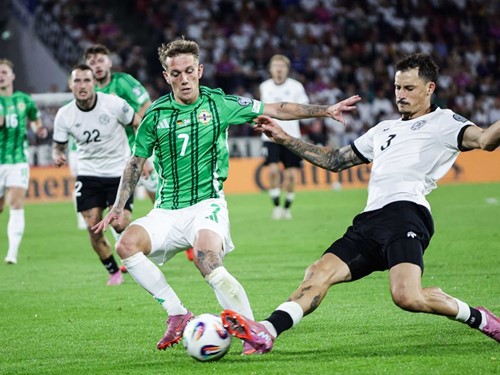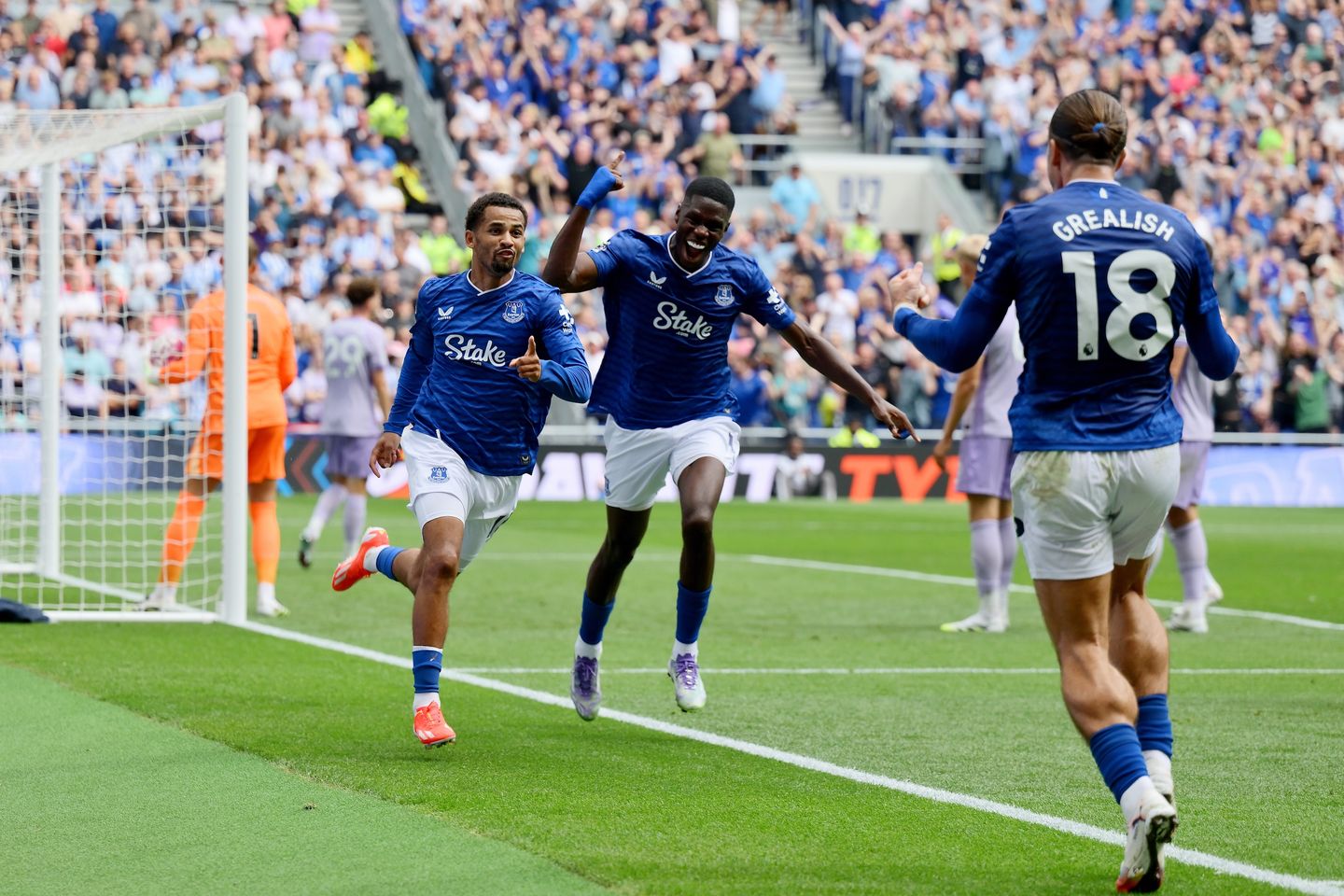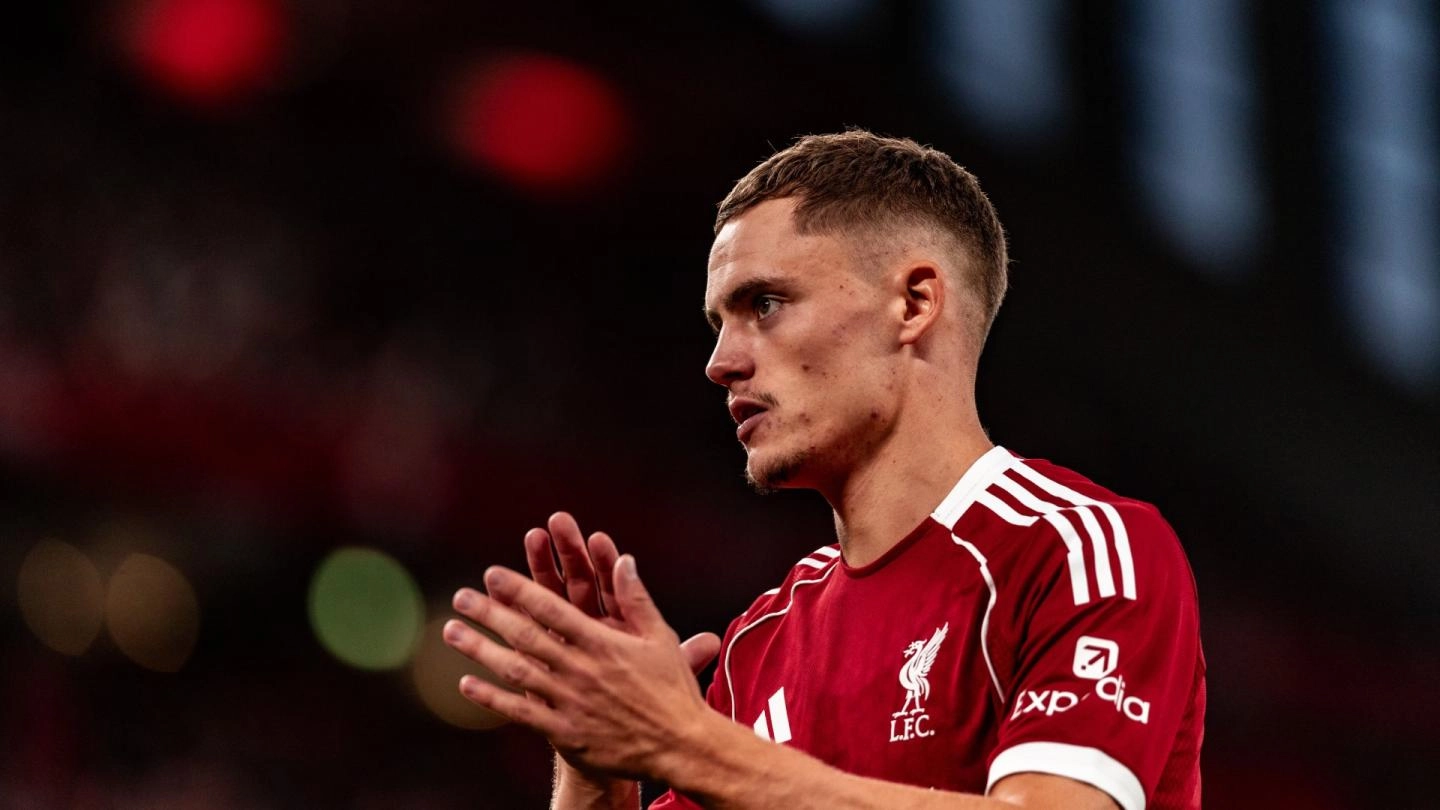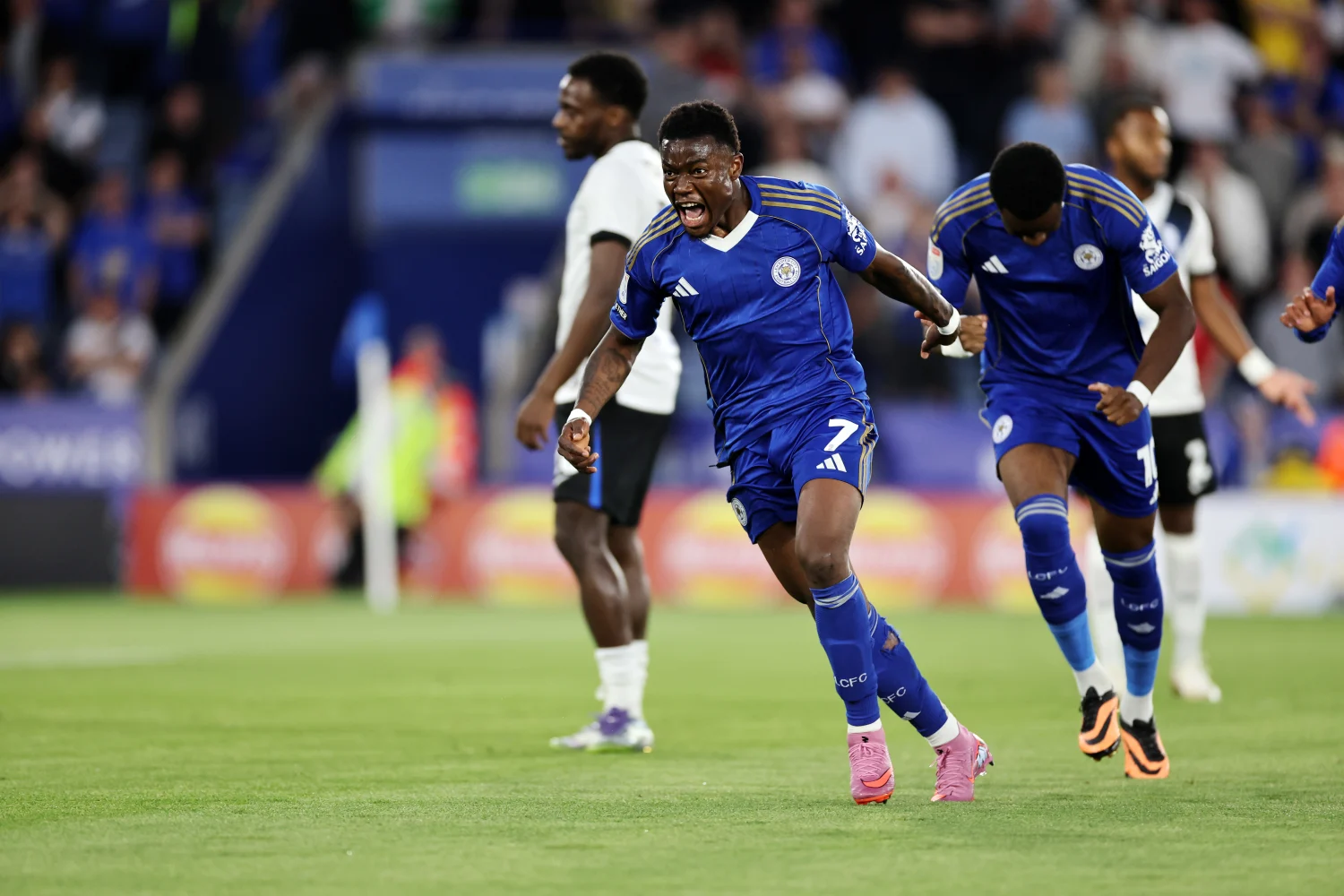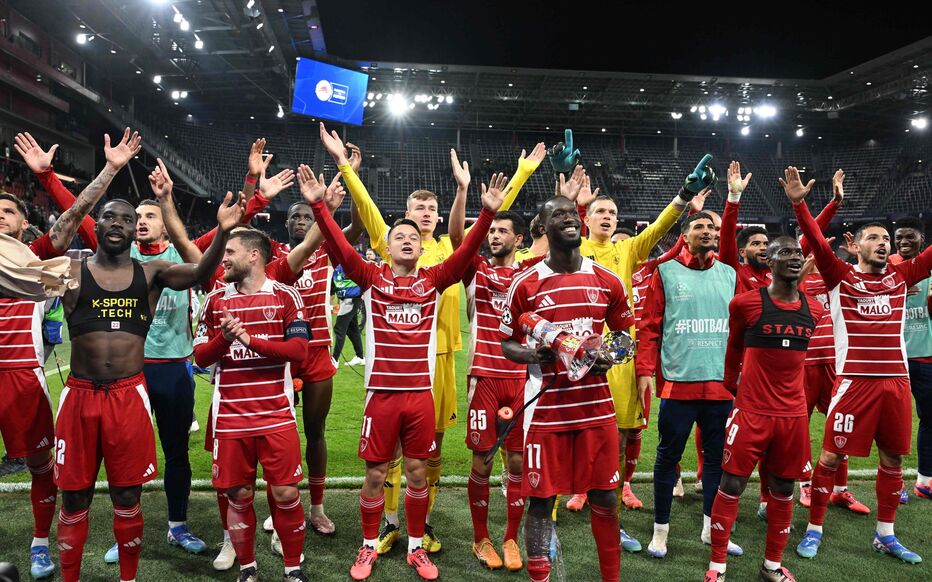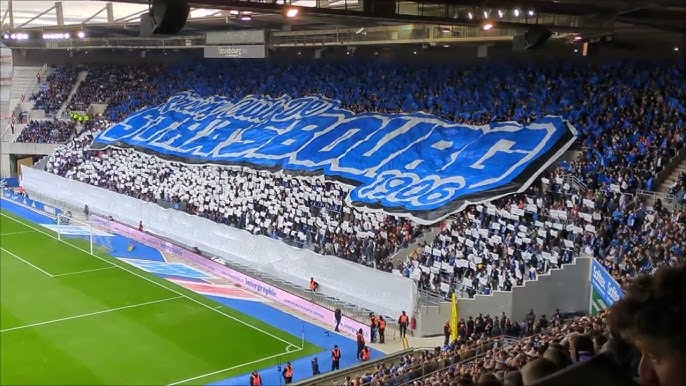Germany has become one of the great pillars of European football since the creation of the beautiful game, branding its football with a ruthless, steely, no-nonsense feel that has seen them crowned champions of the world four times. Just down the road- or more specifically, bordering them from the South- is Austria, a country with a population just under 11% of its population of its neighbour.
Austria has historically been seen as the younger brother of Germany, as the personality of its people and its culture has always mirrored that of its neighbour. In the north-east of he region sits in capital, Vienna, home to two sides that reflect the contrast in class in Austria’s capital City.
Rapid Wien and Austria Wien share the turf, with both residing in the city of music but with totally different philosophies and identities. Rapid play in green and white, and have since 1906 when they switched from red and blue; Austria play in purple, and always have since their formation in 1910. Rapid represent the working class, prioritising a more hard working brand of football and grit in their victories; Austria represent a higher, more cultured way of life, playing sleek and stylish football to pick up their wins.
It hasn’t always been easy for the more bourgeoisie side of Vienna though, as in more recent history have found success to come by since the rise of Red Bull Salzburg. De Veilchen, or The Violets, have failed to win the Austrian Bundesliga since 2013, where they pipped Salzburg to the title by five points. Die Roten Bullen (The Red Bulls, Salzburg’s nickname) have won 11 of the 12 seasons of the Austrian Bundesliga since then, with Sturm Graz breaking their dominant spell last season.
Despite this commanding period of recent history for Salzburg, history still favours the city of Vienna, as Rapid Wien and Austria Wien hold the top two spots for most league title wins. Rapid sit on top with 32, while Austria sit just below on 24. With so much financial backing and a top tier recruitment side that has seen great players such as Erling Haaland, Sadio Mané and Peter Gulasci appear for them, RB Salzburg have dominated the league since the Red Bull Group took over in 2005.
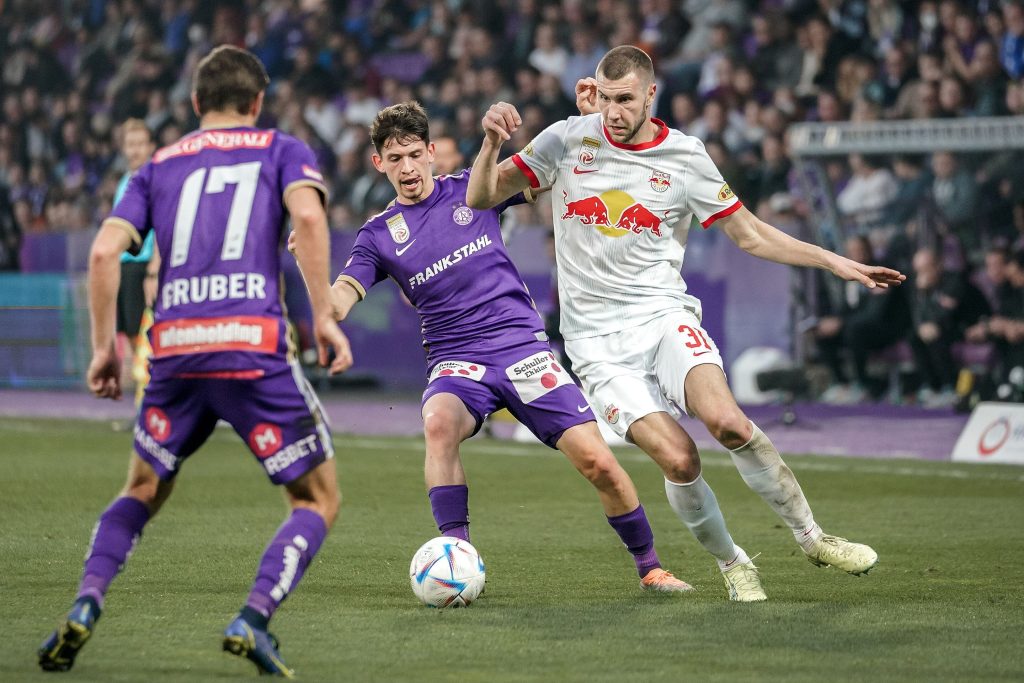
Financial struggles at the club have seen them rely on free transfers and loans in recent windows, and have amassed a positive net spend of just under five million euros in the last five windows. This has prevented the side fighting with Salzburg for the Bundesliga title, and even despite coming second in the 2016/17 season, finished 18 points behind them.
Now though, as the winds of change blow through Red Bull Salzburg, a transition period at the club has seen a league title look out of reach for them this season, after hiring former Liverpool assistant manager Pep Lijnders backfired and leaves them 10 points off leaders SK Sturm Graz. Following them closely behind though are De Veilchen, under unexperienced manager Stephan Helm.
Head coach last season Michael Wimmer was dismissed last May after a 4-0 home defeat to Wolfsberger, leaving the club in 8th place. Instead of hunting abroad, the Violets turned to their own ranks and promoted youth team head coach Stephan Helm to the head coach role.
It was a questionable move at the time, as Helm had only guided the Young Violets to a 10th place finish, winning 10, drawing 10 and losing 10 in 30 games. It came with some fan backlash as well, as some felt more ambition should have been shown by the club.

It was a rocky start for the Austrian also, as they exited the qualifying rounds for the Europa Conference league and opened their league campaign with a 1-0 defeat against Blau-Weiß Linz. However, since then Helm has guided the club to 10 straight domestic victories, placing them firmly in the title race.
Whether its the strong goalkeeping performances of Samuel Şahin-Radlinger, the midfield magic of Dominik Fitz or the dominant forward play of Maurice Malone (with the outfield duo mentioned currently boasting a combined 19 goals and assists), Helm has been able to turn his sides fortunes around that could lead to a 25th Bundesliga title. His hopes may be aided by the departure of star striker Mika Biereth from title rivals Sturm Graz, as the former Arsenal youngster has now departed for AS Monaco.
Austria Vienna will continue to do it their own way. Their cultured, delicate, pristine and glamorous way of thinking will continue to mould their fortunes. Yet this changing of the guard here, supporting the little man and trusting in the fibre of the club with the appointment of Stephan Helm, could instigate a fresh attitude that means it may not always have to be the brand new, more marvellous face that enters the dugout, rather the honest workhorse that deserves a chance.
Lest we forget- that is the Rapid way. There would be no welcoming of flashier kind of person at the Allianz Stadion. Tradition changes, as does one’s values, but an identity- that of an entire football club, mind- is a hard task to mould away from what it has always been, especially to take notes from the identity of its sworn rival.
So perhaps Austria will always stay classy, high-brow, snooty and refined. Maybe Rapid will always stay battered, bruised, honourable and martyrized. This is football, and the identities of arch rivals are rigid. These contrasting cultures are what made these clubs the two most successful in Austria. One side will sip their coffee in local café’s surrounded by purple: the other will finish their break on a 12 hour shift by drinking from a green flasque.
And while both are right, both are Vienna, and no amount of avocado on toast could change that.
